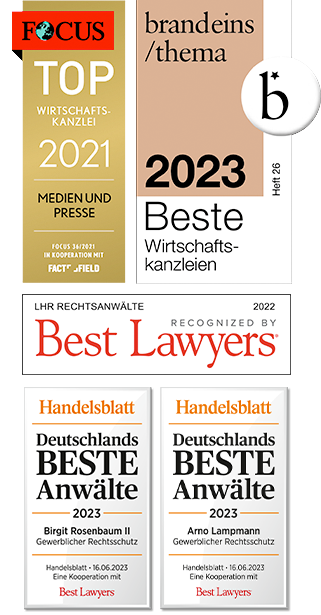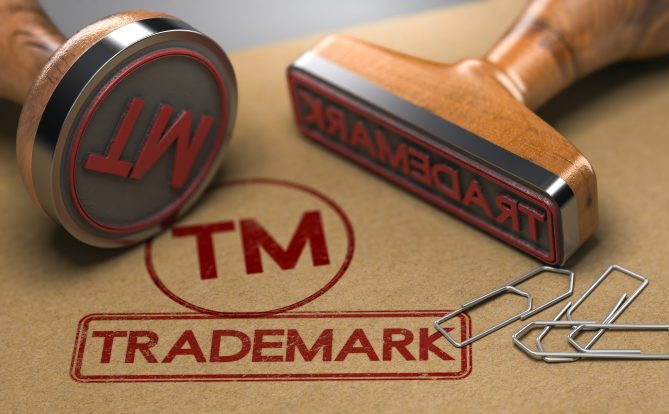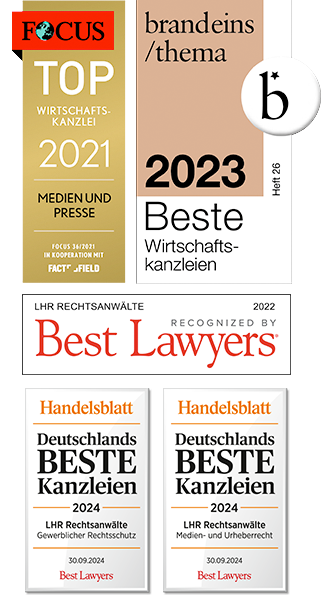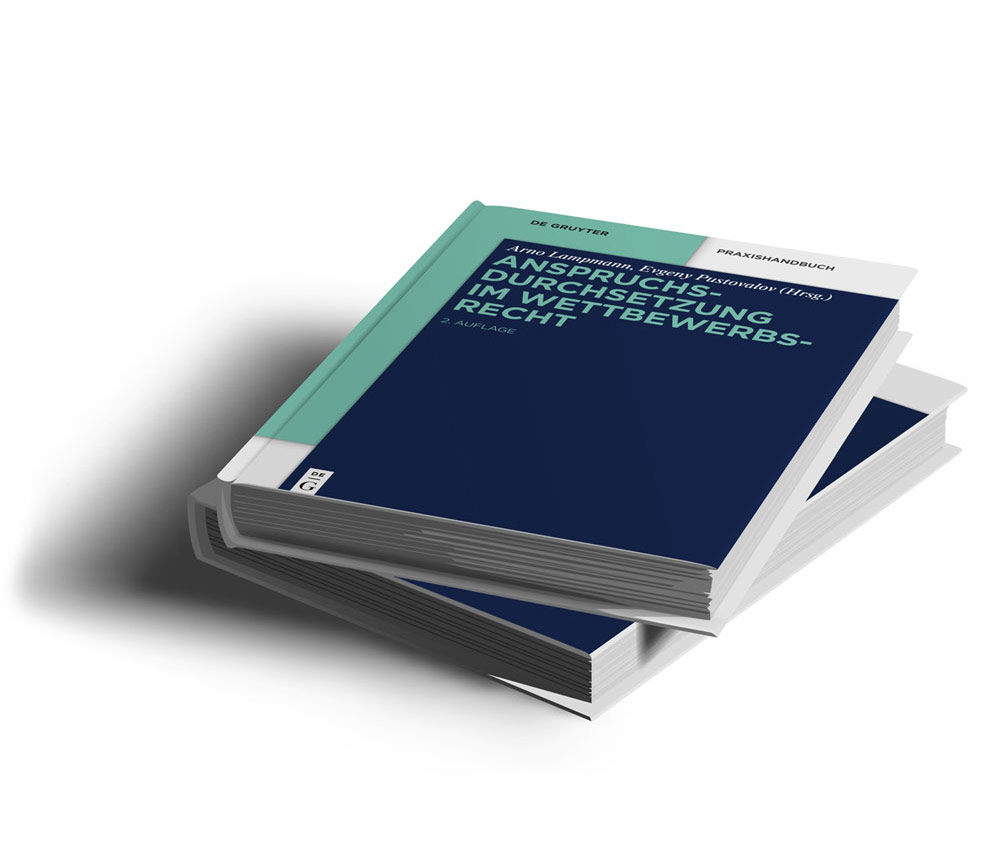No likelihood of confusion between the website ‘software-billiger.de’ and the word/figurative mark ‘notebooksbilliger.de’

In a recent decision, the Higher Regional Court of Frankfurt ruled that the operator of the website notebooksbilliger.de is not entitled to any claims against the operator of the website software-billiger.de due to the risk of confusion between a word/figurative mark and the design of a website (OLG Frankfurt a. M., Urteil v. 26.10.2017, Az. 6 U 154/16). This neither from trademark law still from Competition law.
The parties
The defendant has been operating an online shop for electronic devices, in particular notebooks, laptops and software, under the domain www.notebooksbilliger.de since 2008:
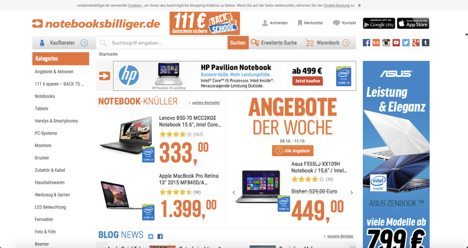
It is the proprietor of national word/figurative mark No. 30407225, which was applied for on 12 February 2004 and registered on 29 April 2004 for, inter alia, computers and computer software:

The plaintiff was founded in May 2011. It sells notebooks, desktop PCs and accessories under the domain software-billiger.de:
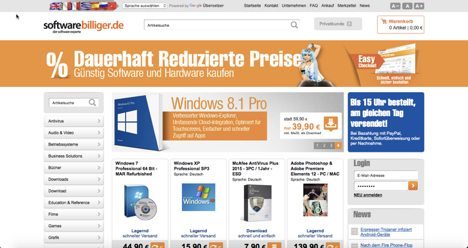
Defendant issued unjustified property right warning
In September 2015, the defendant sent the plaintiff a warning letter. In the warning letter, it accused the plaintiff of having modelled the design of its online shop on that of the defendant. The interplay between the elements of a white background, an orange-red colour for the logo ‘softwarebilliger.de’ and a white arrow on an orange background in the browser title bar would create confusion or mislead. The plaintiff is thus committing an infringement of trade mark law as well as an infringement of competition law.
An infringement did not exist
As the Regional Court of Frankfurt (LG Frankfurt, Urteil v. 23.6.2016 , Az. 2/3 O 413/15) the Frankfurt Higher Regional Court also agreed with the plaintiff that the defendant was not entitled to any claims – neither under trade mark law nor competition law. The Senate carefully examined the case from both a trade mark law and competition law perspective and stated the following in particular in its reasons, which are well worth reading.
It could even be assumed in favour of the defendant that the weak original distinctiveness – already at the time of the warning – had been increased through use. This is because there is a lack of sufficient similarity between the signs. The similarity in the element ‘billiger.de’ was not sufficient to assume a phonetic or visual similarity. There was also no notorious reputation.
Misleading competition law is also ruled out. The word components ‘notebooksbilliger.de’ and ‘softwarebilliger.de’ would be clearly distinguished by the public.
The guiding principles of the decision
The Senate has released the decision for publication with the following guiding principles:
-
There is no likelihood of confusion under trade mark law between a word/figurative mark with the word element ‘notebooksbilliger.de’ and the domain name ‘software-billiger.de’, even if the goods are identical and the trade mark is well known. (Rn. 18 – 23)
-
In the case referred to in point 1, misleading information is deemed to exist from the point of view of the likelihood of confusion under unfair competition law. (§ 5 II UWG) can only be considered if, in addition to the approximation to the foreign trade mark – which is not objectionable under trade mark law – there are further circumstances, such as the adoption of design elements from the presentation environment, which played no role in the assessment under trade mark law and are likely to give rise to a concrete likelihood of confusion (im Streitfall verneint). (Rn. 27)
Disclosure: Our law firm represented the plaintiff.
As an aside: The Frankfurt Higher Regional Court published the decision just a few days after the parties had been served with it, well before the expiry of the appeal period (an appeal against denial of leave to appeal would be possible) and without sufficiently identifying the parties. The decision could therefore not be analysed by the parties beforehand and further action could not be adequately examined. In our opinion, this is a procedure that the Senate should reconsider in the interests of legal certainty, despite all understanding for the joy of the case.
